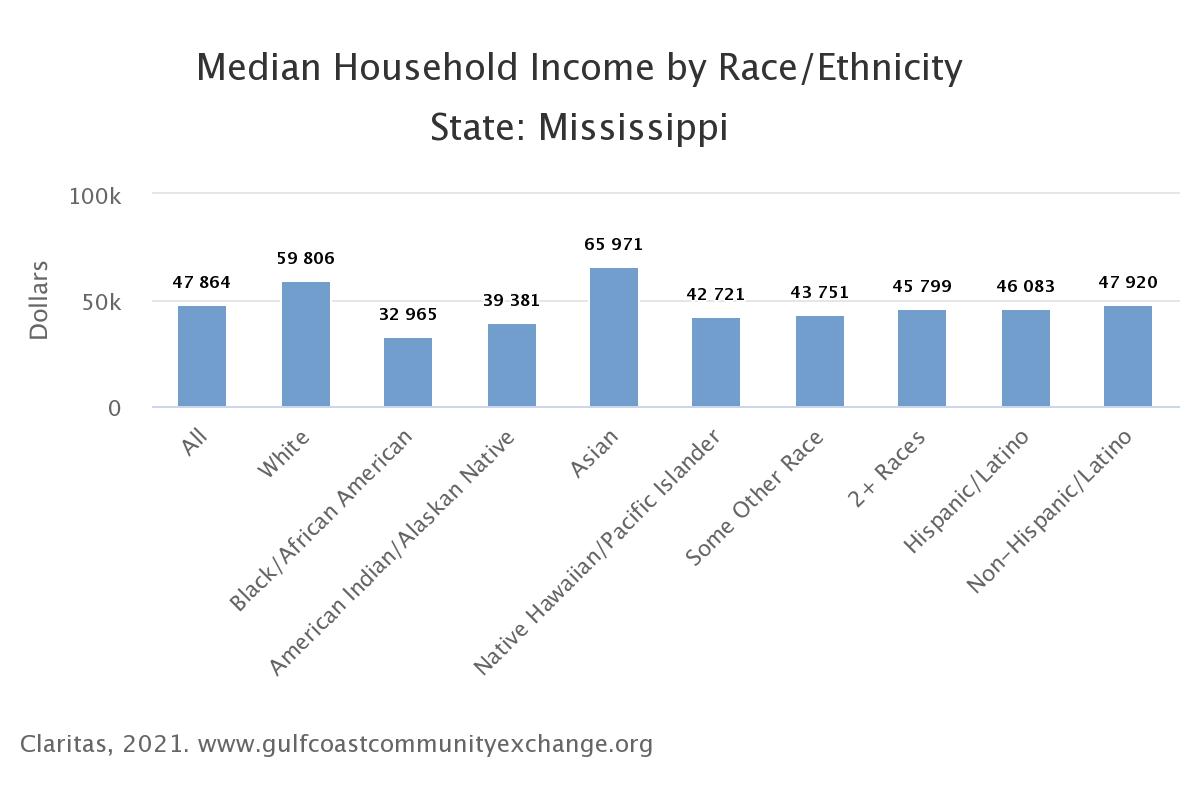What we talk about when we talk about taxes
No matter where we’re from, what color our skin is or what language we speak at home, most of us work hard for our families and pay our fair share of taxes. We pay so that everyone gets the benefit of living in a community. We want people in our state to have safe roads to drive on, good schools for their children and access to health care. The taxes we pay fund these programs and make our communities better.
So why do Mississippi lawmakers keep trying to eliminate the personal income tax?
It’s an important question to consider as we approach another legislative session where Mississippi’s modest income tax program will again be on the chopping block.
What we do know is that eliminating taxes for the wealthiest Mississippians, who already do not pay their fair share, would leave the rest of us to carry both their weight and our own. It may surprise you to learn that the richest Mississippians proportionally pay less of their income toward taxes than all the rest of us. Look at the figure below and find your tax bracket.
The top 20% of Mississippians pay less of their income than the other 80%. Families in the middle 20% pay the most, because of how income, sales and property taxes interact. That includes our construction workers, repair and maintenance workers, administrative assistants, nurses, elementary and secondary school teachers, and truck drivers.
Mississippi’s personal income tax is the only state tax that matches tax rate with income. It accounts for about 34% of the total revenue Mississippi receives. The chart below breaks out the Mississippi income tax as a share of family income.
The top 1% of Mississippi families pay the most in income taxes. Even though 3.4% is only a modest increase over most families, eliminating the personal income tax clearly benefits those families the most and will shift the cost of operating the state onto working families.
The top 1% of Mississippi families pay the most in income taxes. Even though 3.4% is only a modest increase over most families, eliminating the personal income tax clearly benefits those families the most and will shift the cost of operating the state onto working families.
This is partly because the state would need to rely more on sales taxes to pay the bills. You can’t take a 34% decrease in pay without increasing your income somewhere else, nor can the state. Lawmakers understand this and have proposed raising the general sales tax and vehicle taxes and increasing taxes on alcohol, cigarettes and other items. Unlike income taxes, sales tax doesn’t account for how much you can afford to pay or the size of your family, so these taxes disproportionately burden families who can least afford it, as seen in the chart below.
By eliminating income taxes and relying on sales taxes, the top taxpayers will pay an even lower share of their income in taxes, leaving the rest of Mississippi to pay for essential services and to pay more for essential everyday items.
Wealthy taxpayers using the sales tax to enrich themselves at everyone else’s expense has a long history in Mississippi. In post-Reconstruction Mississippi, wealthy landowners implemented a rule requiring a two-thirds majority to increase taxes. In 1932, Mississippi shifted the tax base by reducing property taxes and enacting the nation’s first sales tax.
The problem that we have when we talk about taxes, though, is that the conversation usually obscures race and how the changes are intended to hurt working families, both Black and white. In post-Reconstruction Mississippi and in the early 20th century, landownership was almost exclusively white. By making it harder to increase taxes on land and increasing taxes on the sales of goods, politicians placed the burden of paying for the state more squarely on the backs of working white and Black families who couldn’t afford property.
As baseball great Yogi Berra once said, “It’s déjà vu all over again.”
Disproportionately, the average Black and Latinx family are part of the middle 20% of households most heavily taxed under Mississippi’s system. For Black families, the median household income is only $33,000 per year, putting many Black families squarely into the camp of people for whom the elimination of the income tax would mean an increased burden. Many white families will be hurt, too. With a median income of $60,000, about half of white families already pay a higher portion of their income and will pay even more if the income tax is eliminated and the cost is shifted to sales tax.
We do not have to repeat the mistakes of the past. Eliminating Mississippi’s income tax would be a dramatic step backward. Instead of doubling down on bad fiscal policy, the Legislature should explore options like raising the marginal tax rate on the wealthiest Mississippians, lowering the tax on groceries and giving some families a credit for the sales tax we collect.
Please join us in urging your legislators in the Mississippi House and Senate to reject the income tax elimination plan and to instead look for ways to make our tax system fairer for everyone.
Wingo Smith is a regional policy analyst for the SPLC Action Fund in Mississippi.
Photo at top: Mississippi Legislative Budget Office Executive Director Tony Greer points out financial totals as he addresses a joint legislative tax study committee at the state Capitol in Jackson, Miss., on Wednesday, Aug. 25, 2021. Lawmakers held two days of hearings on eliminating or cutting Mississippi's individual income tax. (Credit: AP Photo/Rogelio V. Solis)








